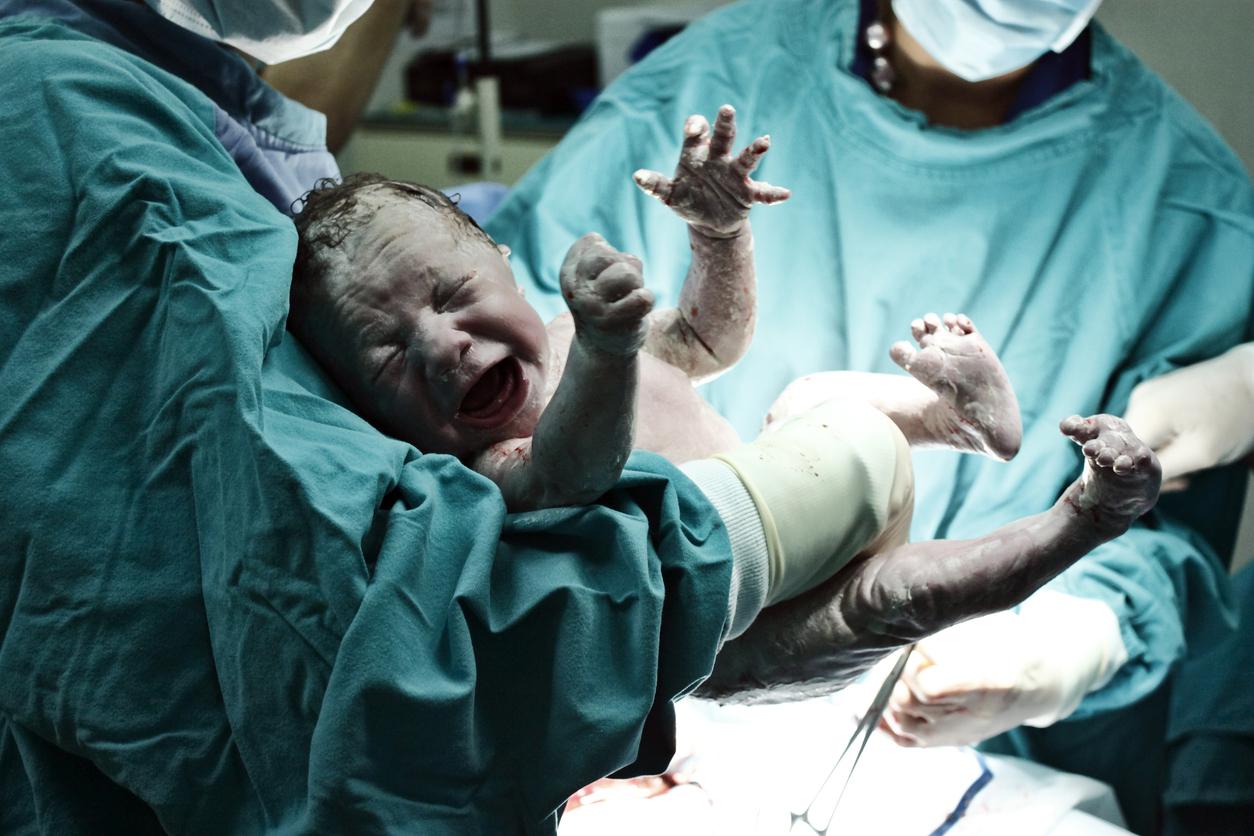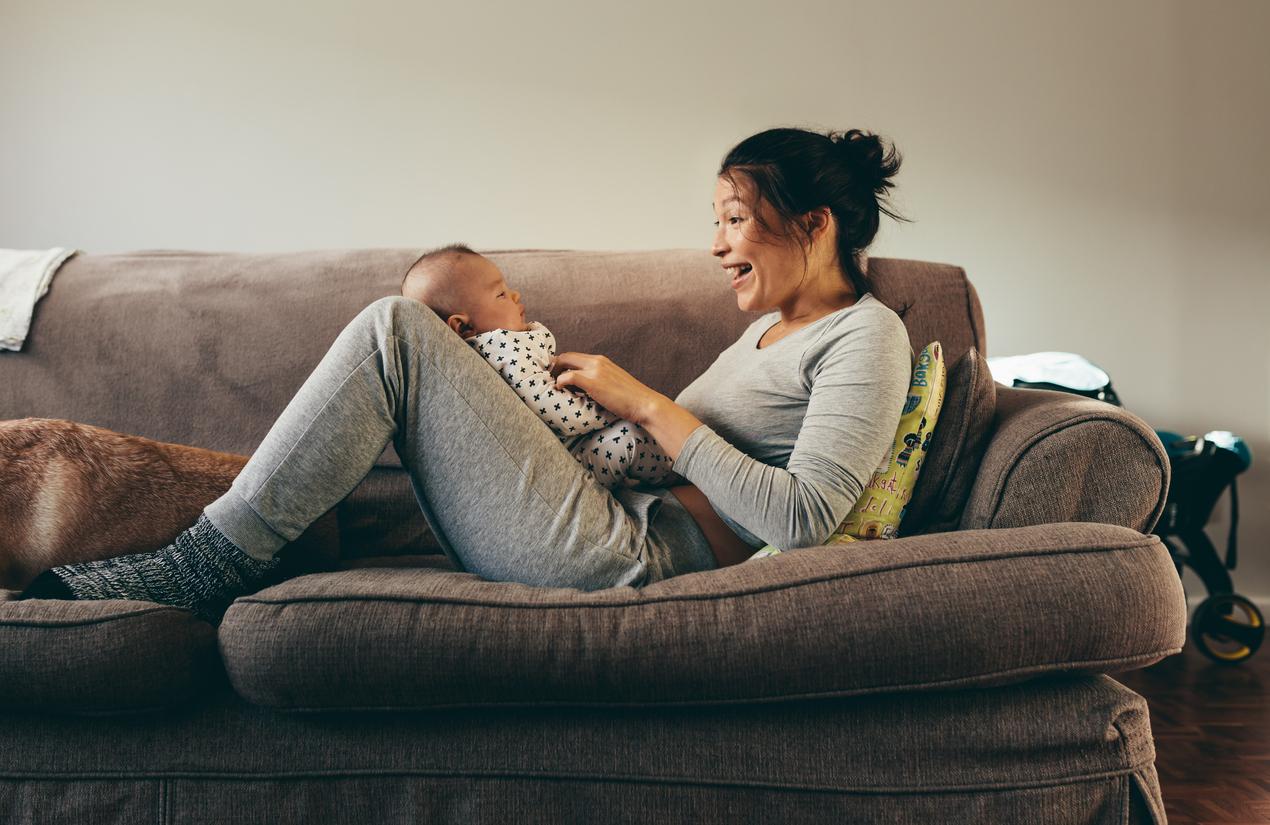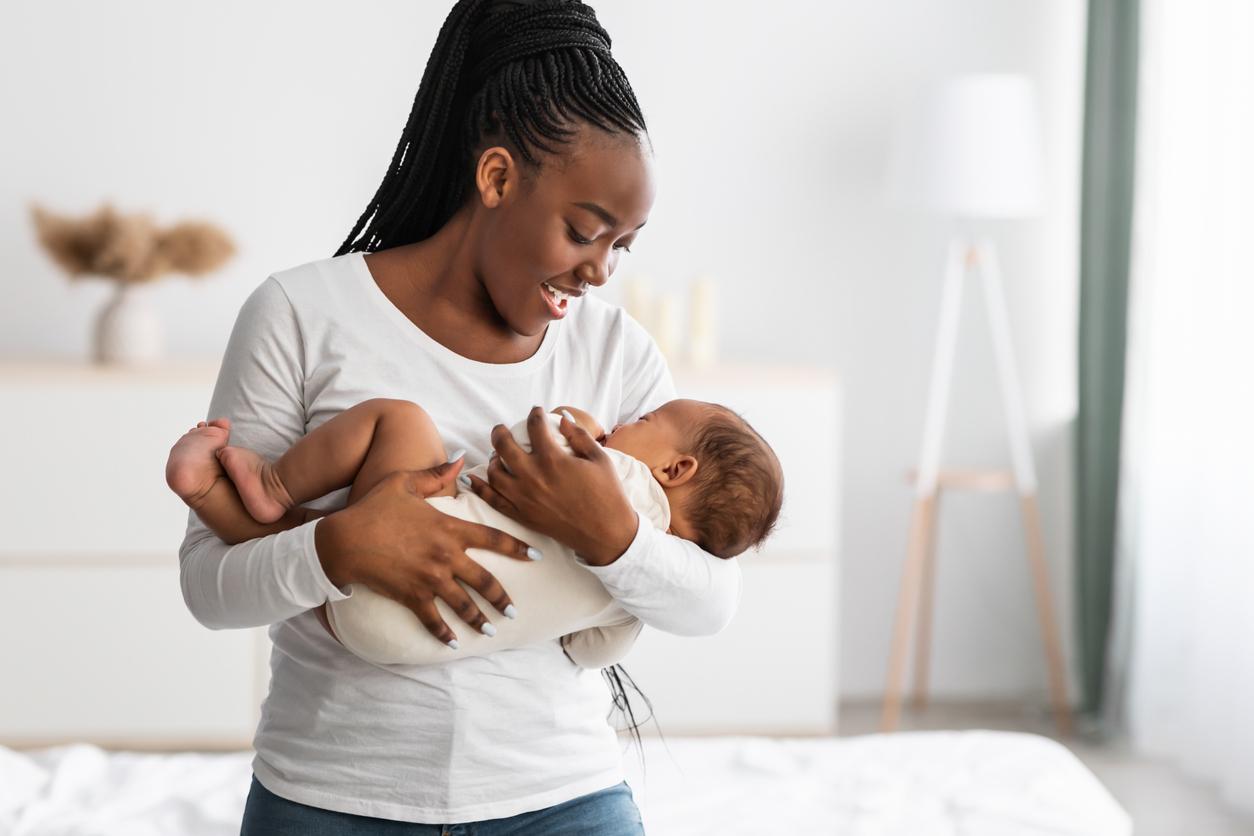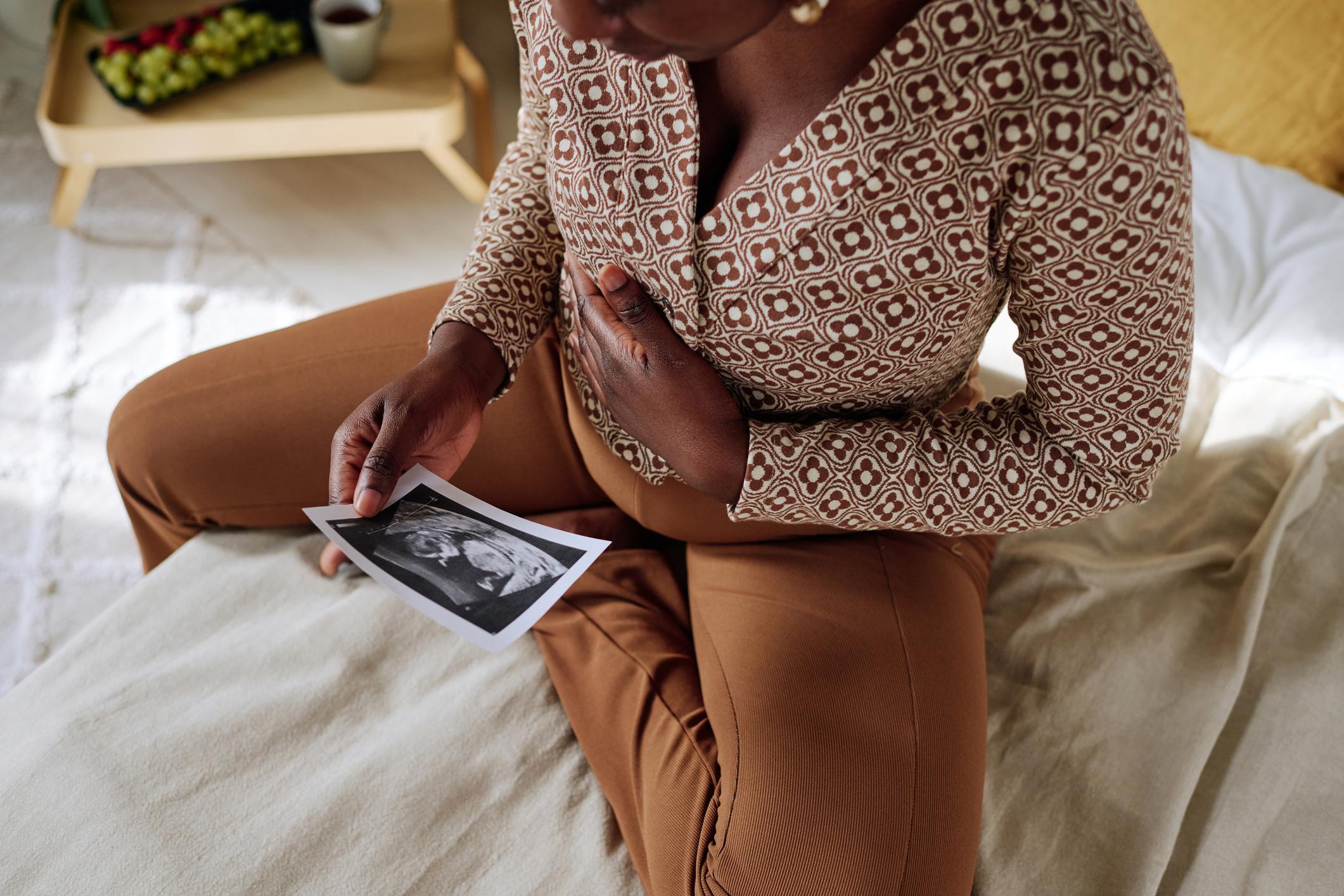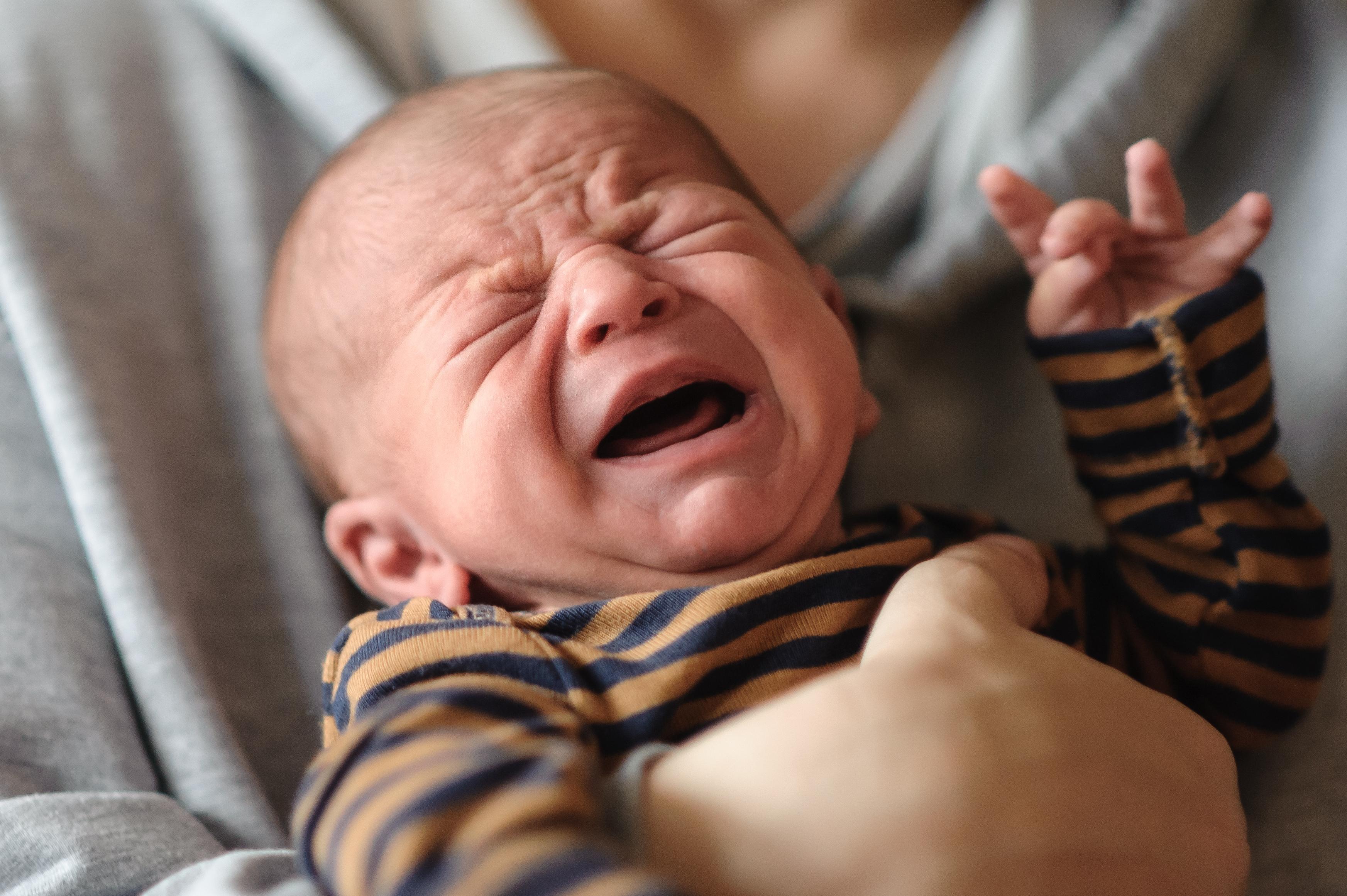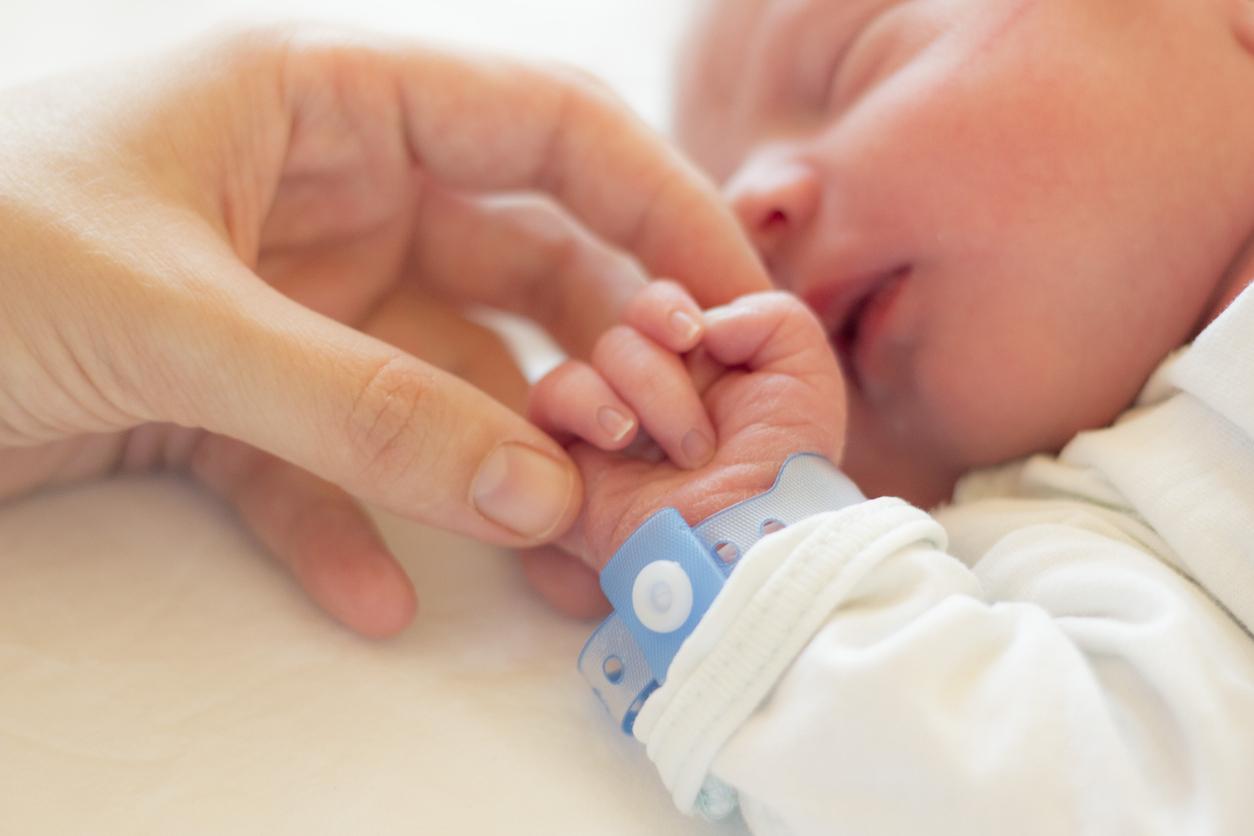The chances of having a baby for women who have frozen their eggs after 40 would be considerably reduced.
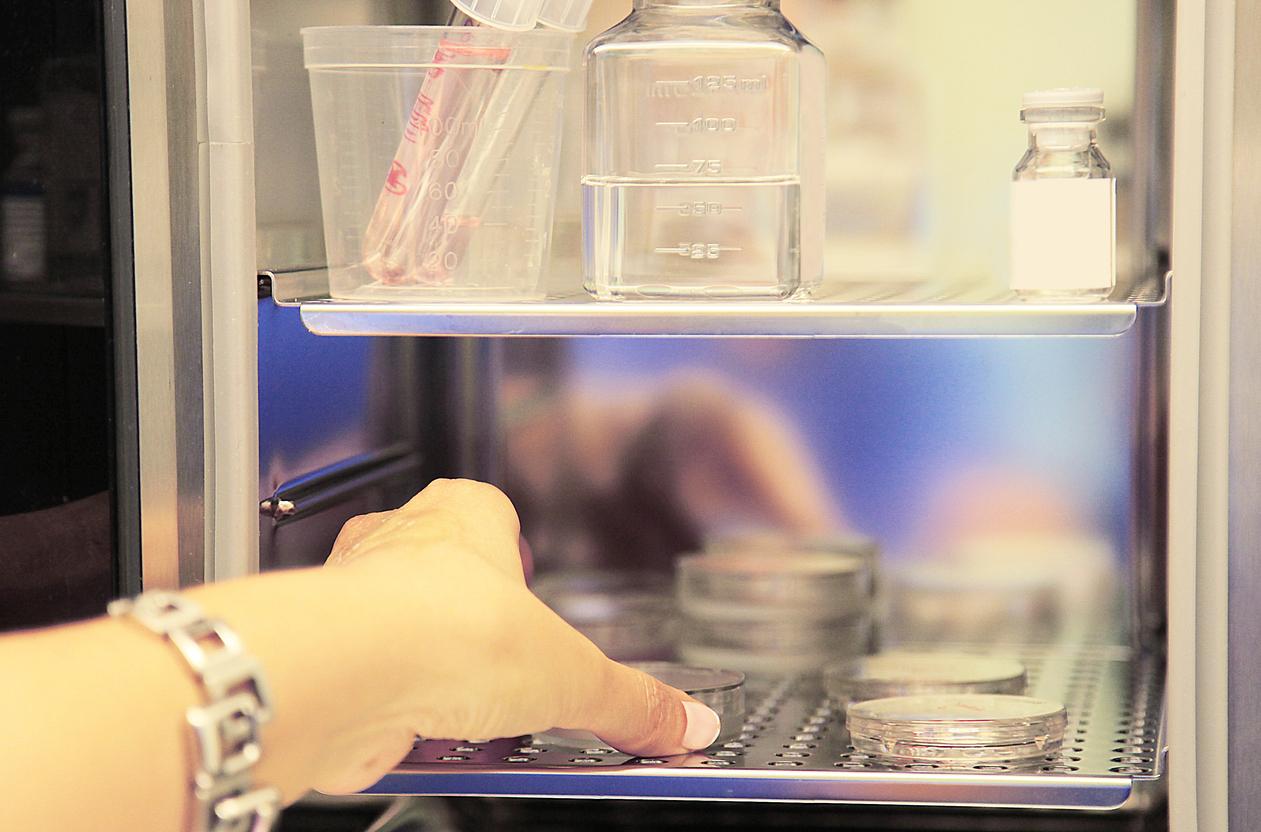
- Women over 40 who freeze their eggs have “little chance” of having a baby.
- Two of these patients became pregnant, but suffered a miscarriage.
- 82% of births were observed among participants who used it between the ages of 36 and 39.
In France, patients suffering from cancer can preserve their fertility by freezing their oocytes, when medical treatment (radiotherapy, chemotherapy, surgery) is envisaged. According cochin hospital, women also have the possibility of having recourse to it, when a treatment or a pathology can alter the ovarian reserve. And since August 2, 2021, the bioethics law has opened “oocyte vitrification” to all women. Clearly, all citizens who wish to have children later can now freeze their eggs.
Eggs: 36 women thawed them ten years later
According to researchers at Imperial College London, those who do so after 40 “little chance” to succeed in getting pregnant. To reach this conclusion, they carried out a study published in the journal Archives of Gynecology and Obstetrics. As part of their work, the team followed 373 women, aged 26 to 47, who had their eggs frozen at a London clinic in the UK. “The median number of oocytes retrieved per cycle was 8 and the median total number of oocytes cryopreserved per woman was 8”, the scientists said. They wanted to focus specifically on what happens ten years later, when 36 participants wanted to thaw their eggs and tried to get pregnant.
It is advisable to freeze your eggs before the age of 36
According to the authors, 82% of births were observed in volunteers who had frozen their oocytes between the ages of 36 and 39. On the other hand, no woman who froze her oocytes after the age of 40 gave birth to a child. According to the results, two patients in their 40s became pregnant during the study, but suffered a miscarriage.
“Although these data come from a single clinic, women should be aware of poor results when starting egg freezing after the age of 40,” reported Jara Ben Nagi, author of the research, in a statement. The researchers specified that the “Reproductive outcomes were more favorable when oocyte freezing was performed before age 36.” Thus, women should be encouraged to do so before this age.











